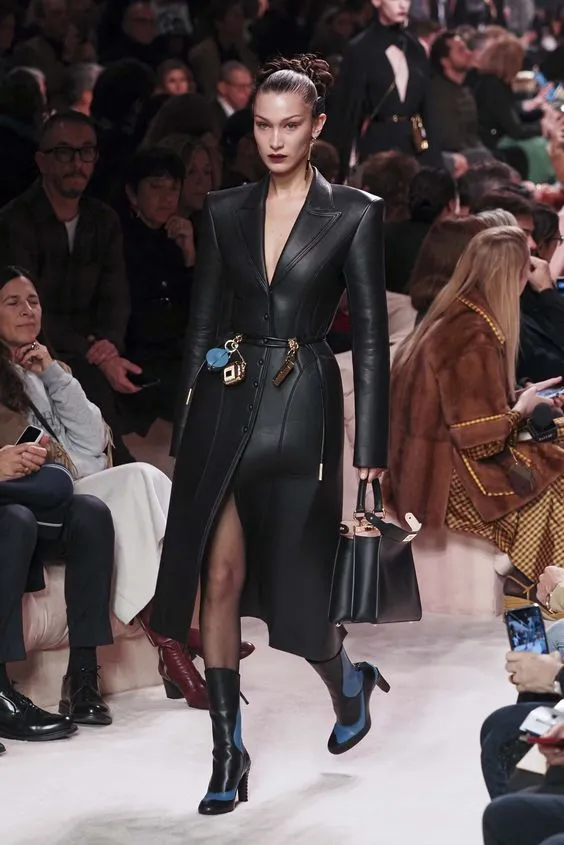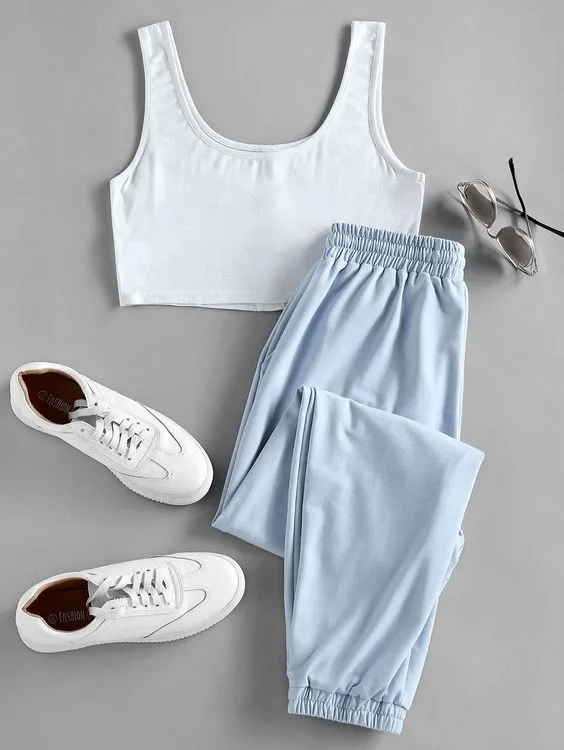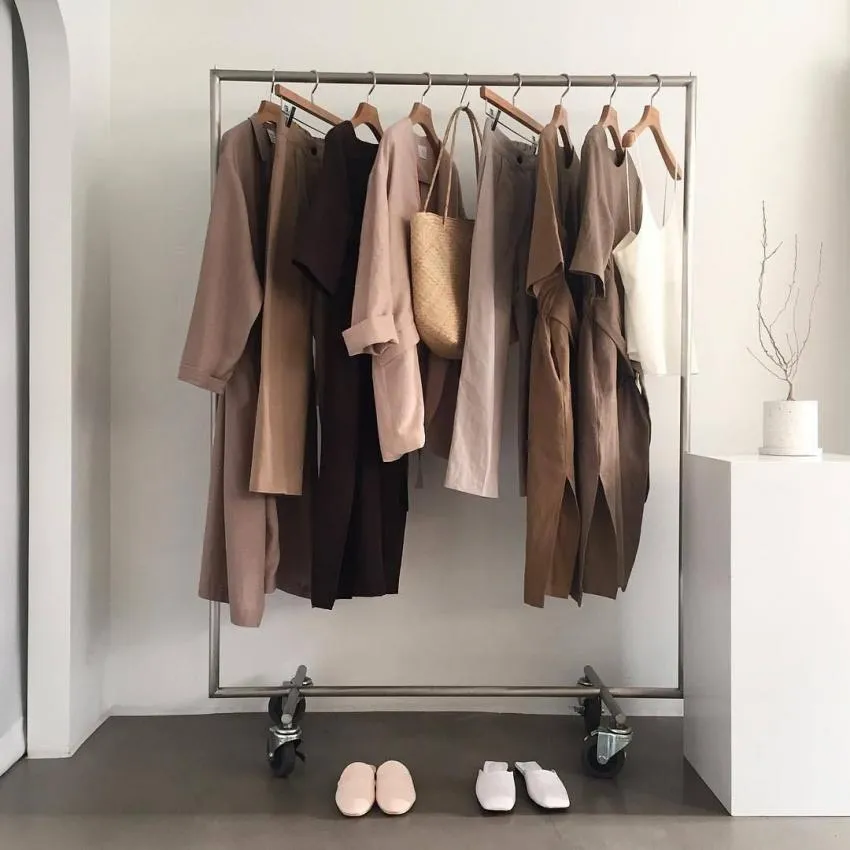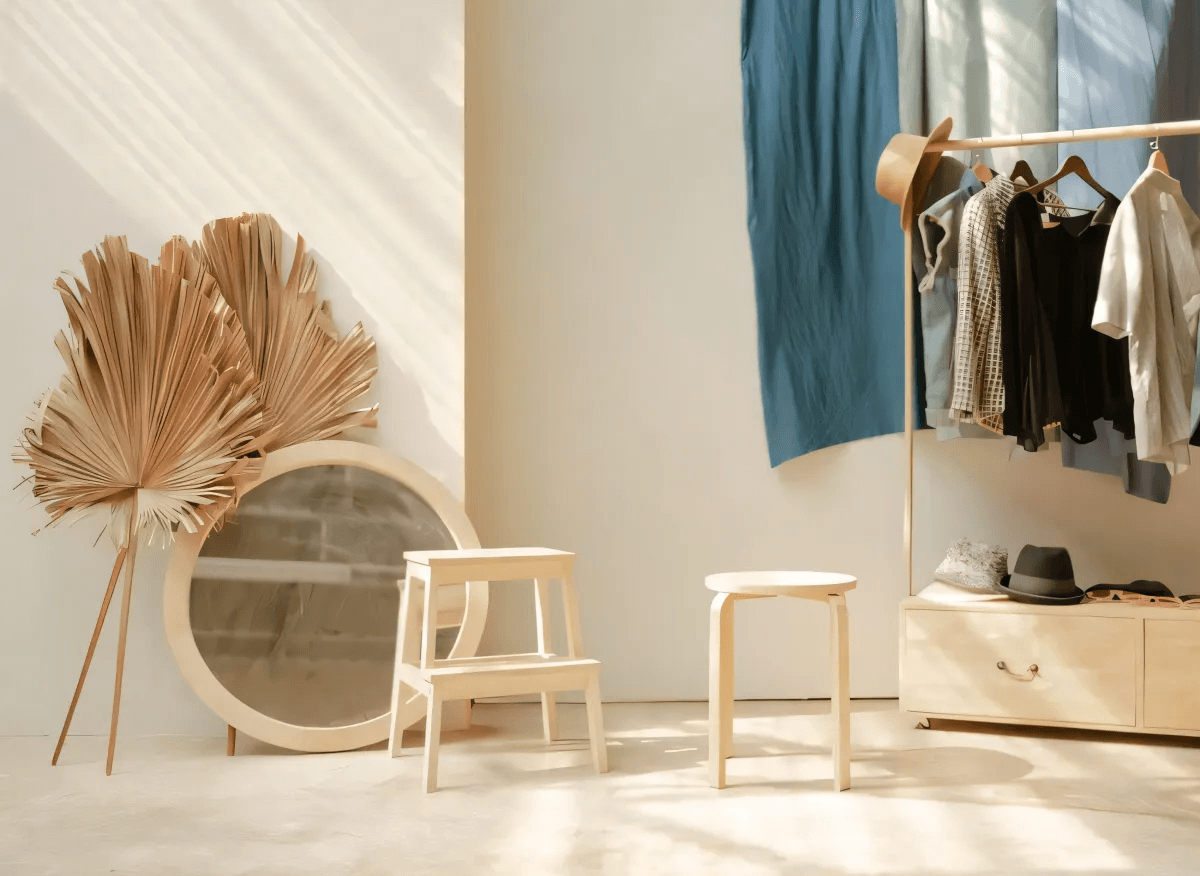Redesigning Fashion During Covid-19
The covid-19 pandemic has had a major effect on almost every industry, be it health services, non-essential businesses, or supermarkets. And so it follows that the fashion industry has also been experiencing the effects of a global health crisis. The fashion industry's decline has created a major impact on the global economy especially for various artists, designers, and many more.

The changing lifestyle during the pandemic has increasingly lead to casualization for both men's and women's wardrobes. Casual wear has significantly evolved over the last few years. There has been a huge change in the Industry of Fashion after the pandemic struck us all hard. Currently, the trends of fashion have also taken a big turn towards affordable fashion trending styles. The Fashion boom has grown to become steadily slow for the seasonal styles and basic needs of clothing as well.
The work wardrobe has changed all due to remote working. From active loungewear, Bermuda shorts, Pyjamas, and scarves, these garments are trending during times of social distancing and working from home. The lifestyle shift that is underway due to the COVID-19 pandemic has changed the world of fashion.

Since the start of the coronavirus pandemic, all non-essential workers have adapted from life inside an office to life inside your home. Routines like commutes, coffee runs, desk lunches, and office chitchat have been paused as workers continue to social distance from their homes. The remote lifestyle has likely changed just about everything in our day-to-day especially your wardrobe.
People have found many ways of adjusting to the new normal and have created a chic style to make working from home a seamless, comfortable, and productive experience. The outfits people used to wear in the past have made it back to our closets.

The days of waking early to iron out wrinkles in shirts seem as distant as high school as Americans ditch the suits and dresses for comfort. Whether it’s dressing in athleisure or the same t-shirt twice a week, the COVID-19 crisis has allowed workers to find some comfort in what we wear when we log in remotely for work.
The current scenario of fashion life is always on a peak, and even after the pandemic, we have still seen slow growth in need of fashion. There are of course certain aspects that have affected the industry and declined surplus. However, fashion and clothing have become a BASIC need for humans across the globe.
From shopping high-end couture to higher brand apparel, the trend has shifted to move on to sustainable clothing and organic clothing pieces. Wearing pre-used clothes and hand-me-down clothes from elder siblings has been an old tradition for many people. A lot of people are opting for pre-existing clothes which are in good condition. They no longer make purchases based on what is trending in the market. Like for example, in India, people have become more aware of locally produced clothing brands and organic fabrics of our country. Made in India clothing and brands are emerging at a higher graph.

Now that many workers have grown accustomed to comfort and versatility while working from home during the Covid-19 outbreak, work fashion will continue to adapt with those interests in mind.
Opinions and Perspectives
Interesting how some luxury brands adapted by launching loungewear collections.
The article didn't mention how secondhand clothing sales boomed during this period.
The decline in fast fashion has been great for local artisans in my community.
My office is reopening soon and I'm completely rebuilding my wardrobe with comfort in mind.
It's interesting how different countries adapted their fashion differently during COVID.
The article's point about Bermuda shorts trending made me laugh. Haven't seen those anywhere!
I've learned to mix comfort pieces with my pre-pandemic wardrobe for a new style.
The shift in consumer behavior mentioned in the article seems permanent to me.
Has anyone else noticed how department stores are changing their inventory to match these trends?
I love that sustainable fashion is becoming mainstream instead of just a niche market.
Working from home taught me that I can look professional without being uncomfortable.
The focus on comfort doesn't mean we've lost our style sense, we've just redefined it.
The article could have explored the environmental impact of changed fashion habits more.
My company has permanently switched to casual dress code after seeing productivity didn't drop.
I've started appreciating traditional Indian fabrics more during this time.
The casual wear evolution has been amazing for people with physical disabilities like myself.
Anyone else notice how masks became a fashion statement? That wasn't mentioned in the article.
I'm actually spending more on clothes now, just different types than before.
The rise in organic clothing choices is something I've noticed too. People are more conscious now.
Working from home has definitely changed my shopping habits. Quality over quantity now.
The pandemic made me realize how much clothing I actually need versus what I want.
The article missed discussing how small fashion designers adapted during this time.
What I'm seeing is a blend of comfort and style. It's not just about wearing PJs anymore.
Not sure I agree about casualization being permanent. I think formal wear will make a comeback.
The mention of pre-used clothes resonates with me. I've started thrifting more and loving it.
I've actually become more experimental with my style during lockdown. It's been fun trying new looks without judgment.
The rise of athleisure was happening before COVID, but the pandemic definitely accelerated it.
My workplace still expects us to dress formally for video calls. Anyone else dealing with this?
Interesting how the article mentions Bella Hadid but doesn't really explore high fashion's adaptation to COVID.
The fashion industry needed this wake-up call. Fast fashion was becoming unsustainable.
I found myself investing in higher quality loungewear instead of formal wear. Comfort is king now.
Working from home has saved me so much money on clothes. No more pressure to keep up with office fashion trends!
The article's point about Indian fashion is spot on. I've noticed so many local brands gaining popularity lately.
I disagree that fashion has become more basic. I think people are just more thoughtful about their purchases now.
Does anyone else feel like they've forgotten how to walk in heels after months of wearing slippers?
The shift to sustainable fashion during the pandemic was really eye-opening. I've started buying more from local brands myself.
I actually miss dressing up for work. Working in PJs just doesn't give me the same motivation.
It's fascinating how COVID completely transformed our approach to fashion. I haven't worn formal office wear in ages!
